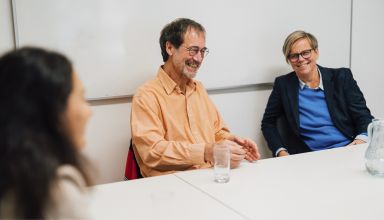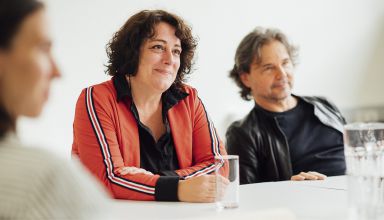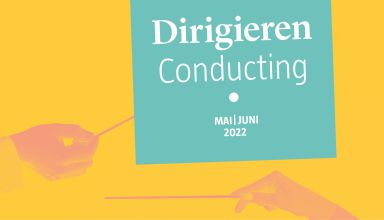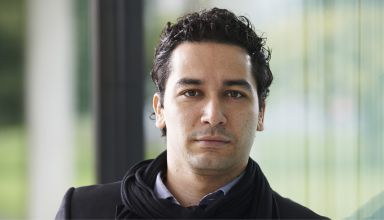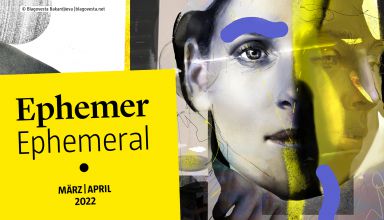Art and Health
A conversation about the healthy practice of one’s art, the situation in everyday professional life, and ways of creating awareness with Vice Rector for Organisational Development, Gender, & Diversity Gerda Müller, Department of Music and Movement Education/Rhythmics and Music Physiology head Bernhard Riebl, and the newly arrived voice professor Eva Maria Riedl-Buschan, Department of Vocal Studies and Music Theatre.

